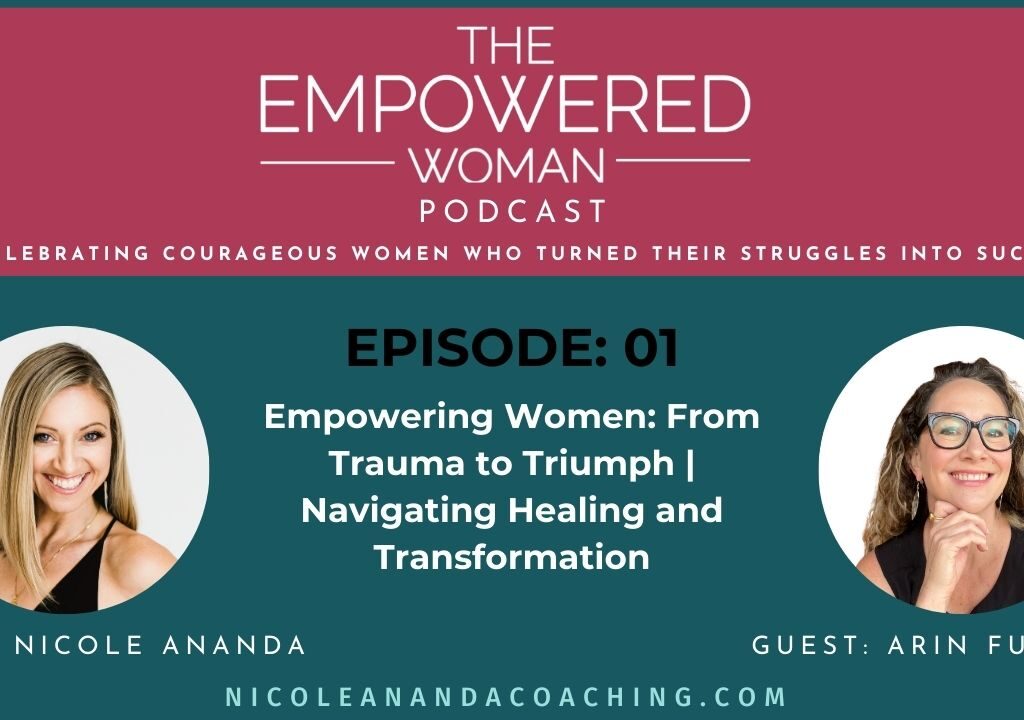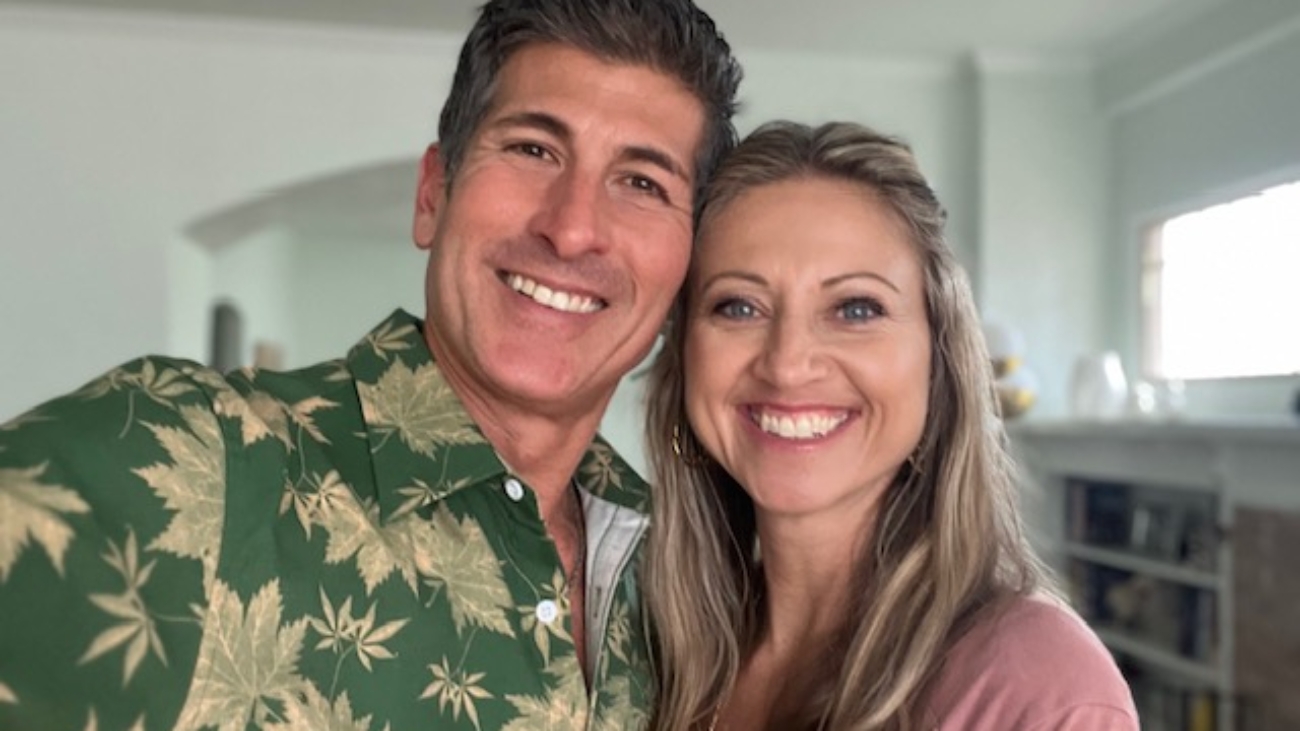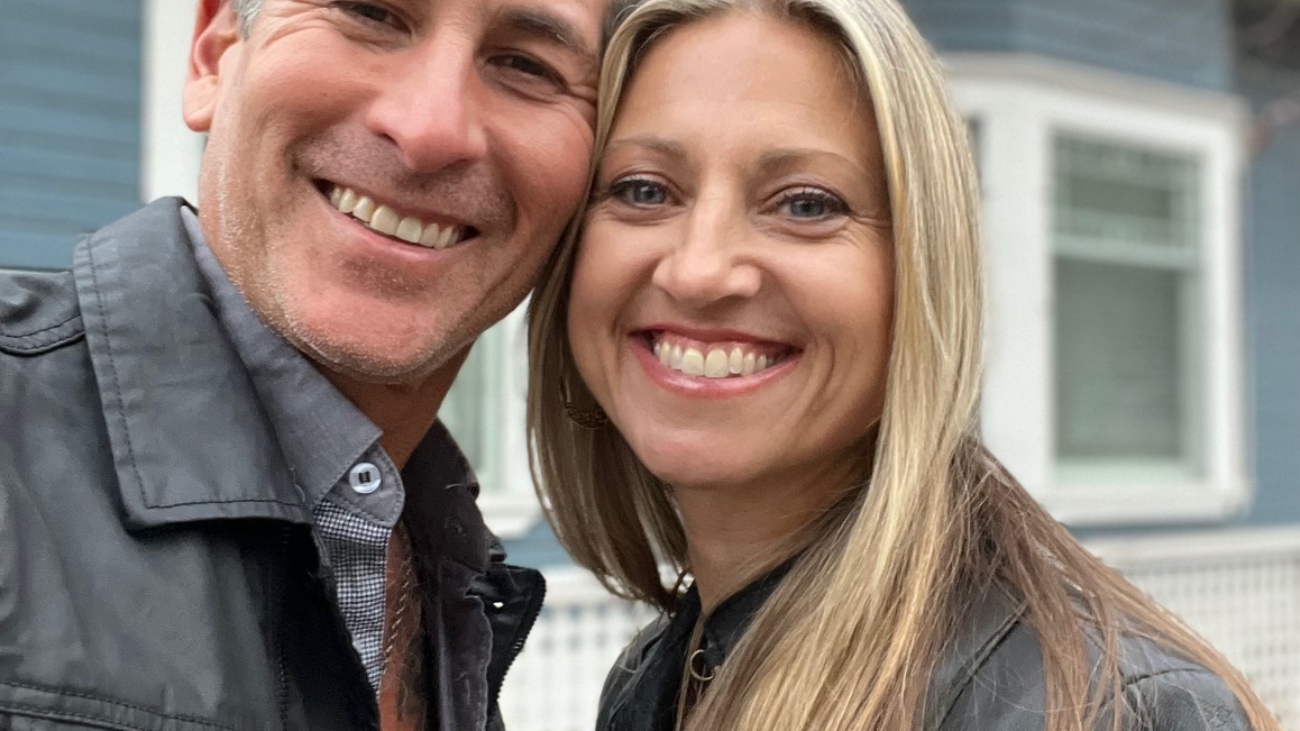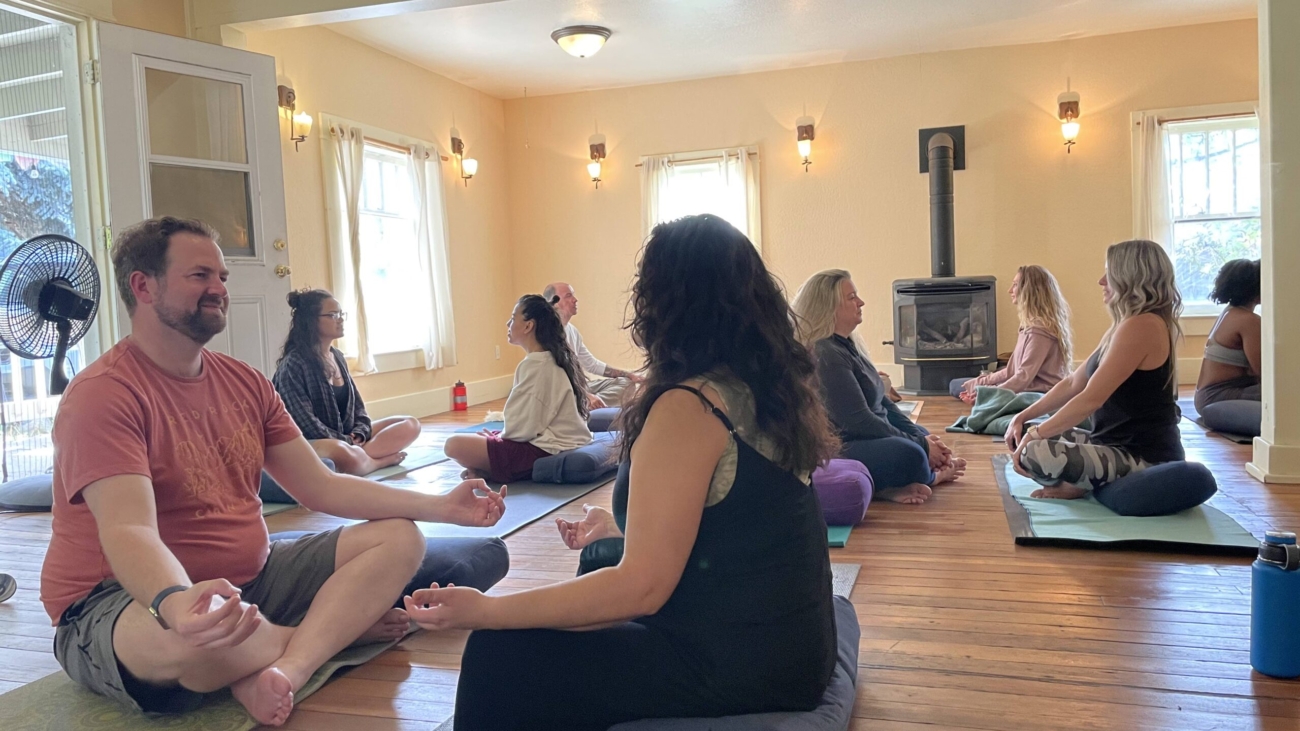Self-improvement is crucial for women on a healing journey. It’s hard to overstate the importance of establishing a happier and healthy version of yourself and taking concrete steps toward your goals. You can expect your improvement journey to be challenging, but few things are as enriching!
This guide from Nicole Doherty is written to help you find a new direction, live fully, and thrive. We’ll discuss how to achieve your goals, establish a new career, eat healthily, and much more!
Establishing a New Business
Your career impacts your life and can significantly influence your entire healing journey. Take time to identify your interests, skills, and passions, and consider turning them into a viable business idea. You might attend online courses to acquire new skills, network with industry leaders, and devise a plan for your new venture. You can streamline the process by writing down your strengths and weaknesses. Seek out advice from close friends, family members, or business professionals who can offer insight.
Writing a business plan involves outlining your company’s objectives, defining the target market, identifying competitors, analyzing financial projections, and developing a marketing strategy to ensure long-term success. Forming an LLC offers asset protection and tax advantages, but you’ll need to create an operating agreement and name a registered agent.
After choosing a promising business idea and creating your business plan, think of how you can market your company and get off to a strong start. Digital marketing is key, but don’t underestimate the power of a good business card. Create an attractive business card that leaves a lasting impression on potential customers.
Stopping Destructive Habits
Any self-improvement journey involves addressing bad habits and negative thought patterns. A few common destructive habits include procrastination, overeating, and addiction to drugs or alcohol. Acknowledge these patterns, and reflect on the reasons behind them.
Creating a plan to break the chain of negative behavior is the next step. You may need to seek professional help, join support groups, or replace destructive habits with healthy ones. Don’t be too hard on yourself — remember that healing is a process. Celebrate small victories, and understand that every tiny step can make a difference.
Minding Your Diet
Maintaining a healthy diet can help you keep your energy levels up, boost your mood, and improve your overall health. Our bodies tend to consume nutrients differently, which is why it’s necessary to have a balanced diet. It’s vital to listen to your body’s signals and adjust your diet accordingly.
Eating enough protein, healthy carbohydrates, and heart-healthy fats is crucial for optimal wellness. You can get essential vitamins and minerals and reduce inflammation by incorporating fruits, vegetables, and whole grains into every meal.
Setting New Boundaries With People and Things
There are often people or activities we engage in that don’t serve our best interests or that trigger negative feelings. It might be time to set boundaries with those individuals and things. This could include limiting the time you spend with specific people or social media, saying “no“ to certain activities, and surrounding yourself with supportive and positive relationships.
Effective communication plays a vital role in this process. Learn to say no without feeling guilty, and prioritize self-care while establishing healthy boundaries.
Getting Better Sleep
Sleep is a critical aspect of self-improvement. Getting adequate rest ensures your mind and body function at their best. Disrupted sleep can cause low energy, poor decision-making, and overall mood changes.
Try establishing a consistent sleep schedule to improve your sleep. You may need to wind down with a relaxing activity (e.g., taking a bath, listening to an audiobook, writing in a journal). Avoiding caffeine, alcohol, and blue light for a few hours before bedtime can also help.
Conclusion
Nothing can prevent you from succeeding in your healing journey if you commit to it. Remember that self-improvement can’t happen overnight — it requires time and dedication.
Taking small steps daily toward establishing a better version of yourself is what brings true transformation. Although challenging at first, each of these strategies can help you improve your overall wellness and bring about positive life changes. You have the power to create the life you desire!
Would you like to read more helpful content or learn about my coaching services? Please visit my links here on this website or at nicoleanandacoaching.com
Image via Pexels
Article by Sean Morris
[email protected]
 The Empowered Woman Podcast: Celebrating Courageous Women Who Turned Struggles Into Success – Episode 1 on Youtube.⠀Join Nicole and special guest Arin Fugate on an empowering journey as they discuss Arin’s incredible story of overcoming addiction, anxiety, and depression to support women in achieving their dreams. In this insightful conversation, delve into the depths of trauma, self-discovery, and the transformative power of spirituality. From challenging beginnings with addicted parents to finding purpose and healing through yoga, essential oils, and the wisdom of plants, Nicole and Arin share their unique paths to empowerment.
The Empowered Woman Podcast: Celebrating Courageous Women Who Turned Struggles Into Success – Episode 1 on Youtube.⠀Join Nicole and special guest Arin Fugate on an empowering journey as they discuss Arin’s incredible story of overcoming addiction, anxiety, and depression to support women in achieving their dreams. In this insightful conversation, delve into the depths of trauma, self-discovery, and the transformative power of spirituality. From challenging beginnings with addicted parents to finding purpose and healing through yoga, essential oils, and the wisdom of plants, Nicole and Arin share their unique paths to empowerment.




